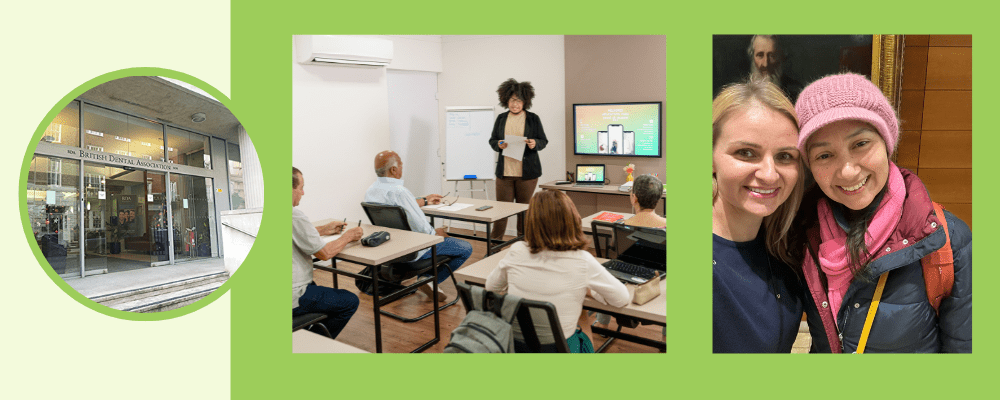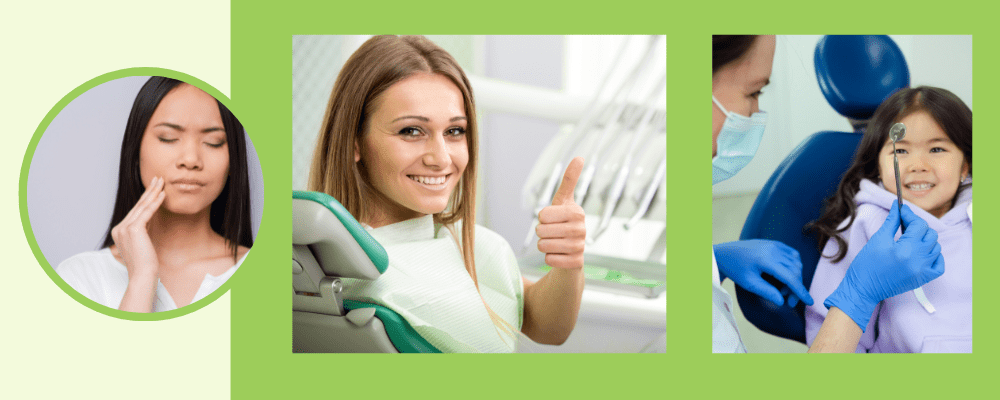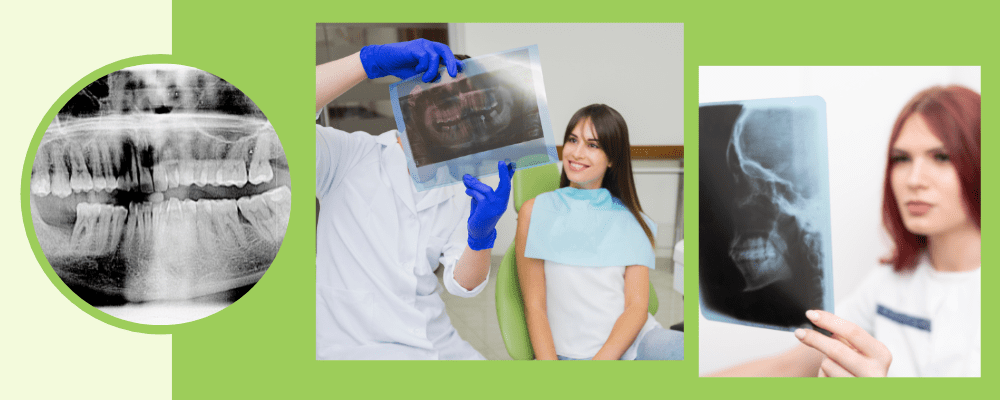Top tips for retaining information when learning dental and clinical knowledge
Top tips for retaining information when learning dental and clinical knowledge
If you are studying for your NEBDN diploma or want to increase your dental nursing skills with a postgraduate course there is a lot of new information to take it.
For your course, there will be a host of new procedures, technical terms and ways of working to take on board and learn.
To reduce the chances of you feeling overwhelmed, we thought we’d share some of our top study tips

Listen and learn
We’ve all been there, that point in a conversation when someone says, “So what do you think about it…” and we realise with mild horror that we haven’t paid the slightest bit of attention to what has been coming out of that person’s mouth for the last 5 mins. Listening and actually hearing what the speaker/lecturer/video tutorial is telling you is key to learning and retaining information. Hone your listening skills by practising them in everyday conversations. Remember, you are the only one losing out if you’re not focused and paying attention during learning sessions.
Don’t give up
Just because you can’t fully understand a certain topic don’t be ready to throw in the towel too early. Instead, use this as an opportunity to do further research yourself or question fellow students and lecturers. The more reading around a subject that you do, the more knowledge you will absorb.
Be organised with your note-taking
Writing notes on scrap bits of paper or leftover A4 sheets out of the printer is not going to be conducive to retaining information for the future. No one can remember every single lecture or workbook material so have a system in place that makes it easy for you to refer back to when needed. Depending on your learning style this may involve a series of ruled notebooks, clearly labelled and indexed or if you’re more visual then pattern notes with diagrams and drawings. Putting pen to paper is a great way to reinforce a topic in your mind but be careful not to take too many notes and end up missing whole sections of lectures just because you’re lost in the note-taking.
Ask questions
If you don’t ask, you don’t know. Dental and clinical knowledge can feel like speaking another language sometimes so always speak up and ask if you need something explaining again or clarifying further. Guaranteed there’s always at least one other person in the room/on the Zoom lecture thinking, “thank goodness they asked that, I’ve got no idea either.” You’re there to learn so make sure you get the most out of it.


Be prepared
It’s all too easy, especially in the e-learning world we now live in, to turn up to a lecture 1 minute before, switch your laptop on and have no idea what the lecture is going to be about. Schedule prep time for lectures into your diary as you would your study time and the lectures themselves. Read through the proposed material for the lecture, do any extra research you think might benefit the topic and come prepared with some additional questions.
Hands-on experience
Putting into practice what you have learnt is a great way to retain information, challenging the brain to recall things in a practical situation. “Hands-on learning allows students to incorporate what is being taught into real-world situations, thus allowing the student to retain more information.” (Cridlin, 2007). Critical thinking also comes into play when putting what you’ve learnt into practice, learning to adapt what you’ve been taught in the classroom to real life situations.
Use flashcards
Reading notes over and over again is great for short-term memory but not so good two months down the line when you can’t remember anything you’ve written about previously. Using techniques to improve memory recall is a great way to help retain information. Find out what works best for you; something like flashcards is a great way of self-testing and might encourage your brain to remember key topics. “Any activities that involve testing yourself… will make your learning both more durable and flexible.” (Bjork and Bjork, 2011)
Teach someone else
Seek out your fellow students and take turns to teach each other. Putting into practice what you have learnt is another great way of improving memory recall and information retention. A 2014 study researched the effects of learning a passage when expecting to teach, it found that “Participants expecting to teach produced more complete and better organized free recall of the passage and, in general, correctly answered more questions about the passage than did participants expecting a test.” (Nestojko et al., 2014)


Space your study sessions
Cramming for exams, hands up who hasn’t done that?! While cramming is good for short term memory, it’s literally going to be in one ear and out the other. A 2011 essay in Psychology and the Real World stated, “The benefits of spacing on long-term retention, called the spacing effect, have been demonstrated for all manner of materials and tasks, types of learners (human and animal), and time scales; it is one of the most general and robust effects from across the entire history of experimental research on learning and memory.” (Bjork & Bjork, 2011). Space out your study sessions on a particular topic and your brain will get the memo that it needs to hold on to this information.
Practice reflection
Check out Gibbs’ Reflective Cycle as a model for reflective practice. Taking the time to focus on what went well and what went wrong with your study or skills based exercises is a great way to go over previous learning sessions. Find out what’s working for you and what isn’t so that you can hone your skills and knowledge going forward.
Want to start your career as a dental nurse? Drop us an email at training@smilewisdom.co.uk or call us on 02067 205 2299
Reference List
Cridlin, L.D., (2007) “The importance of hands-on learning”, International Laser Safety Conference 2007, 151-156 https://doi.org/10.2351/1.5056625
Bjork, E. L., & Bjork, R. A. (2011). Making things hard on yourself, but in a good way: Creating desirable difficulties to enhance learning. In M. A. Gernsbacher, R. W. Pew, L. M. Hough, & J. R. Pomerantz (Eds.), Psychology and the real world: Essays illustrating fundamental contributions to society (pp. 56–64). New York: Worth Publishers.
Nestojko, J.F., Bui, D.C., Kornell, N. et al. Expecting to teach enhances learning and organization of knowledge in free recall of text passages. Mem Cogn 42, 1038–1048 (2014). https://doi.org/10.3758/s13421-014-0416-z








Leave A Comment
You must be logged in to post a comment.